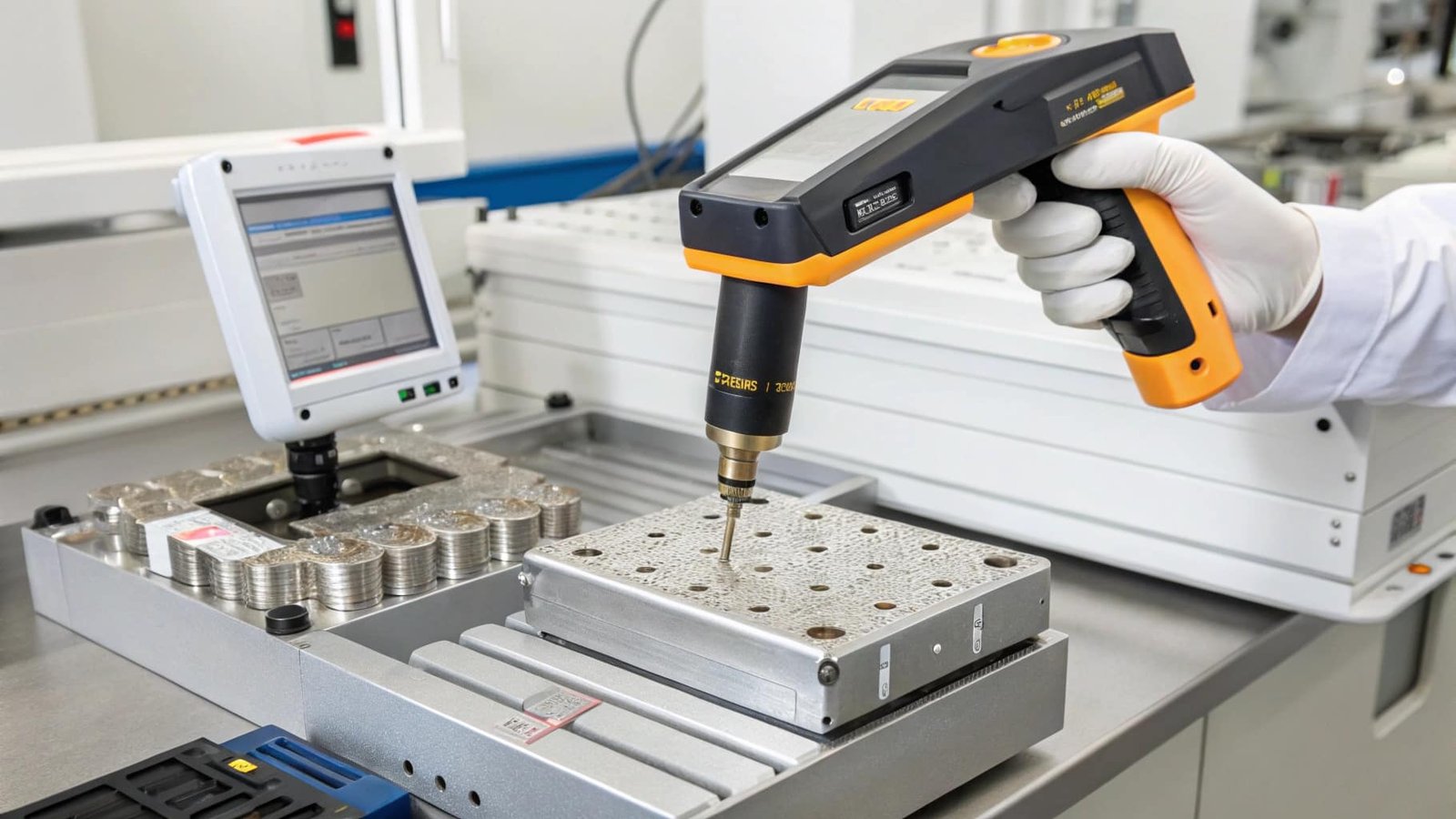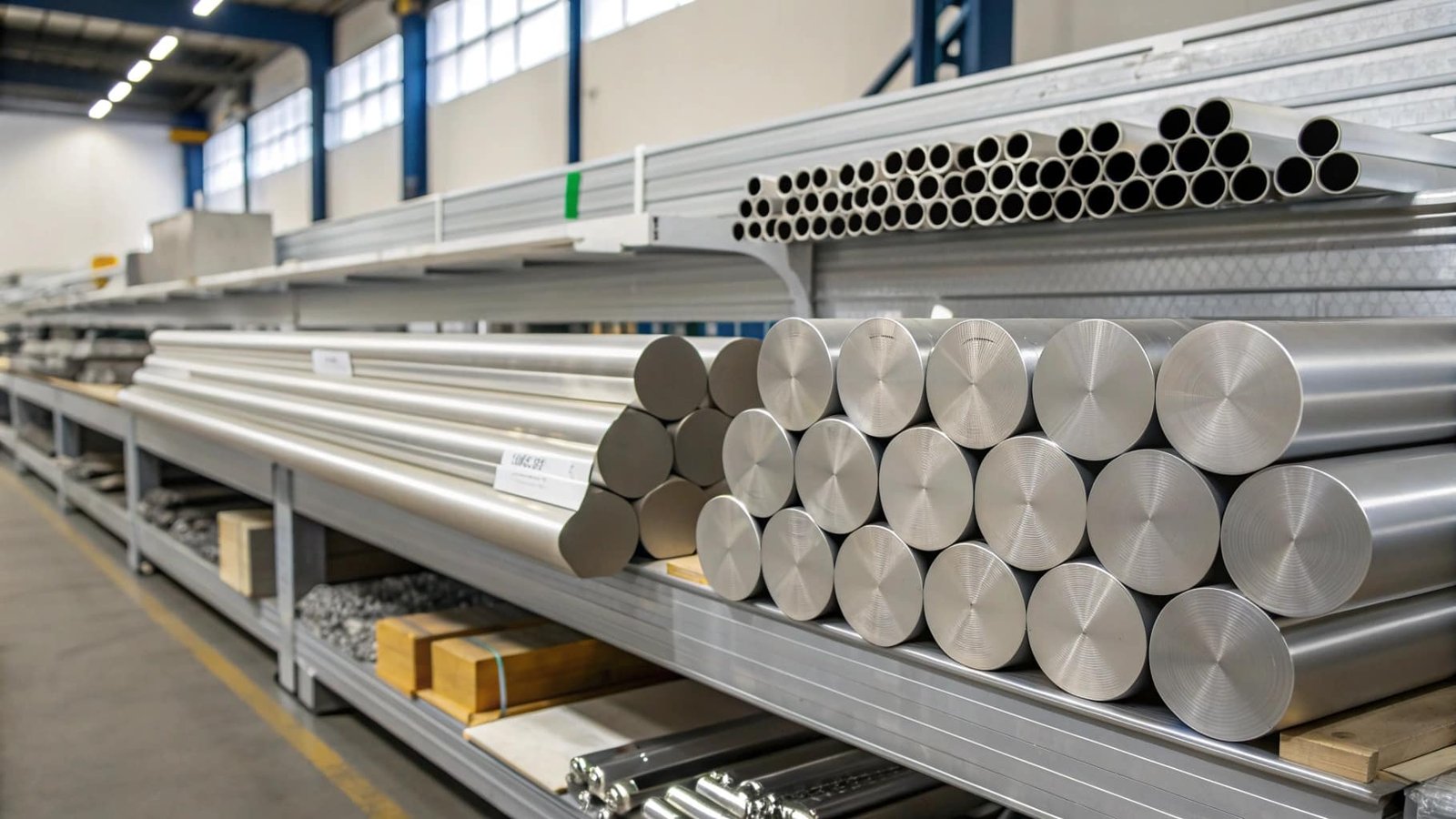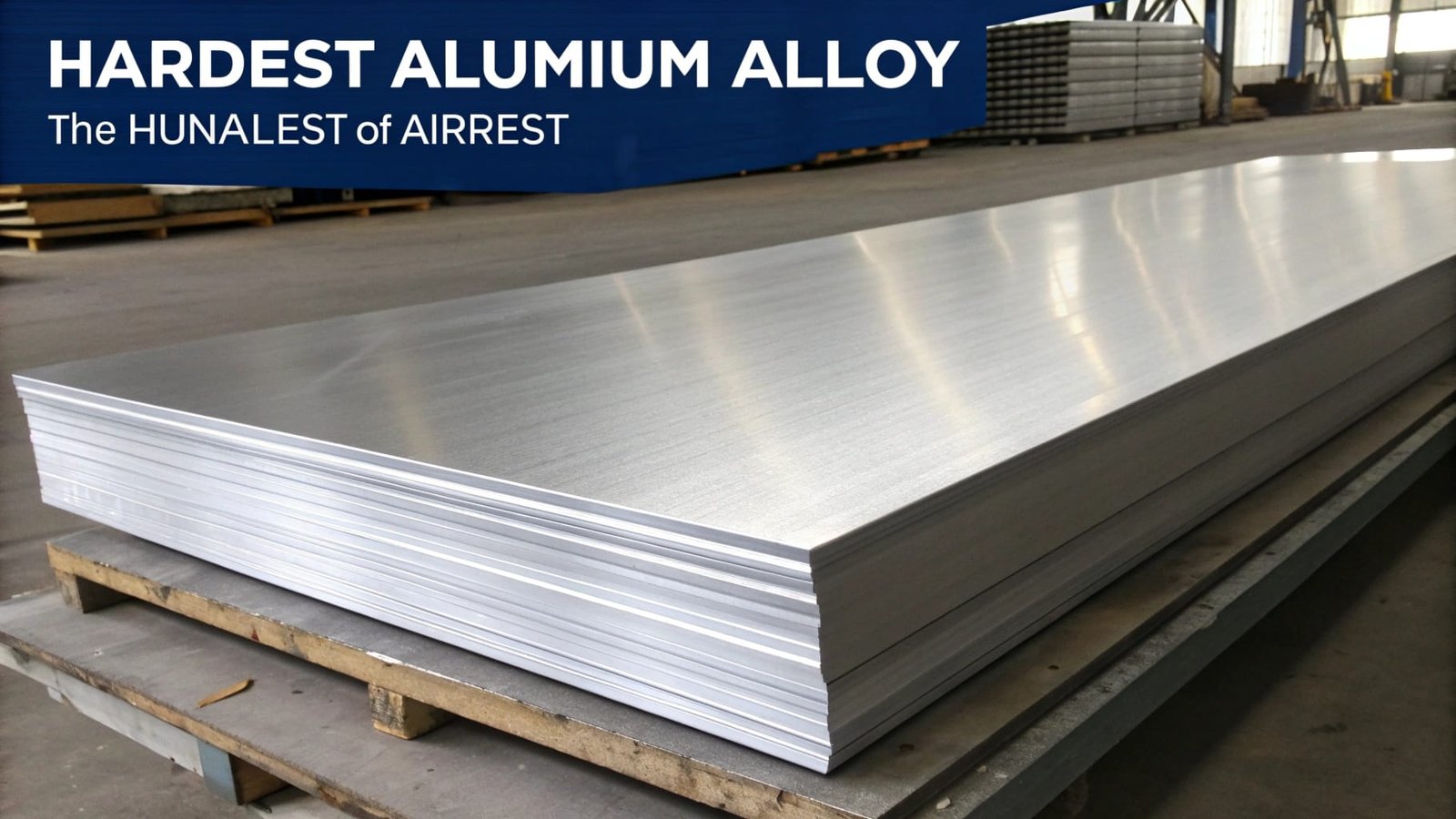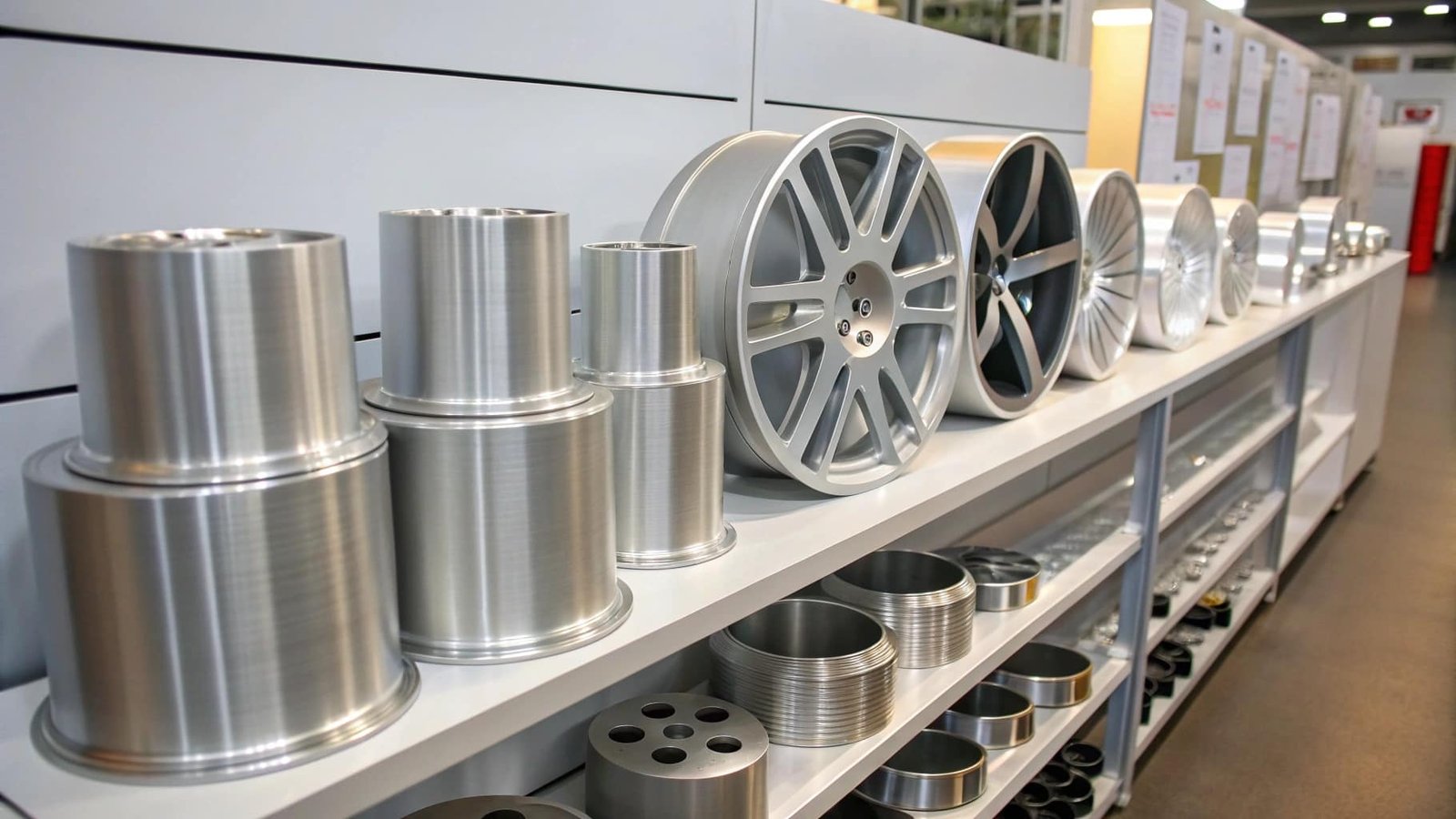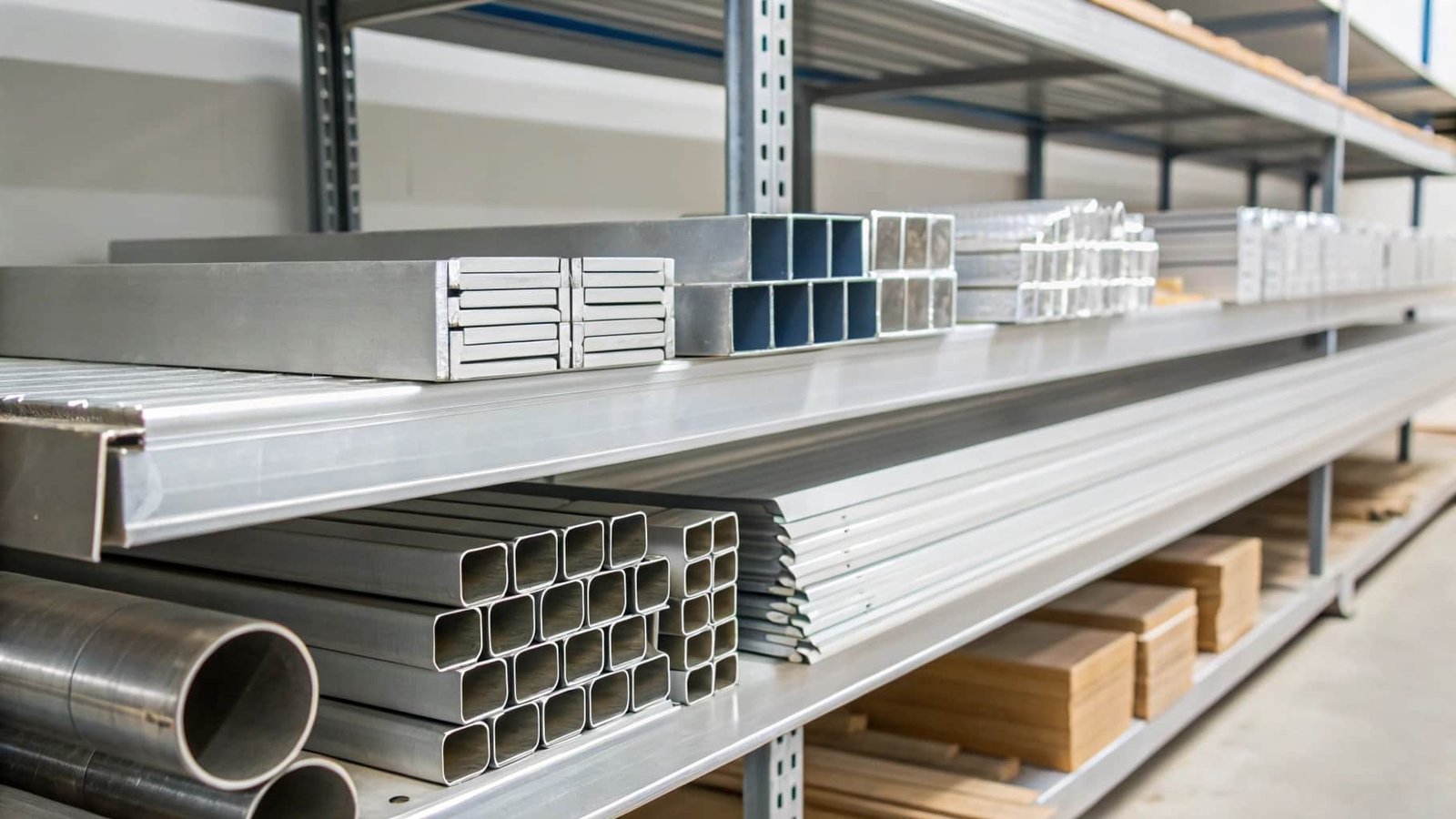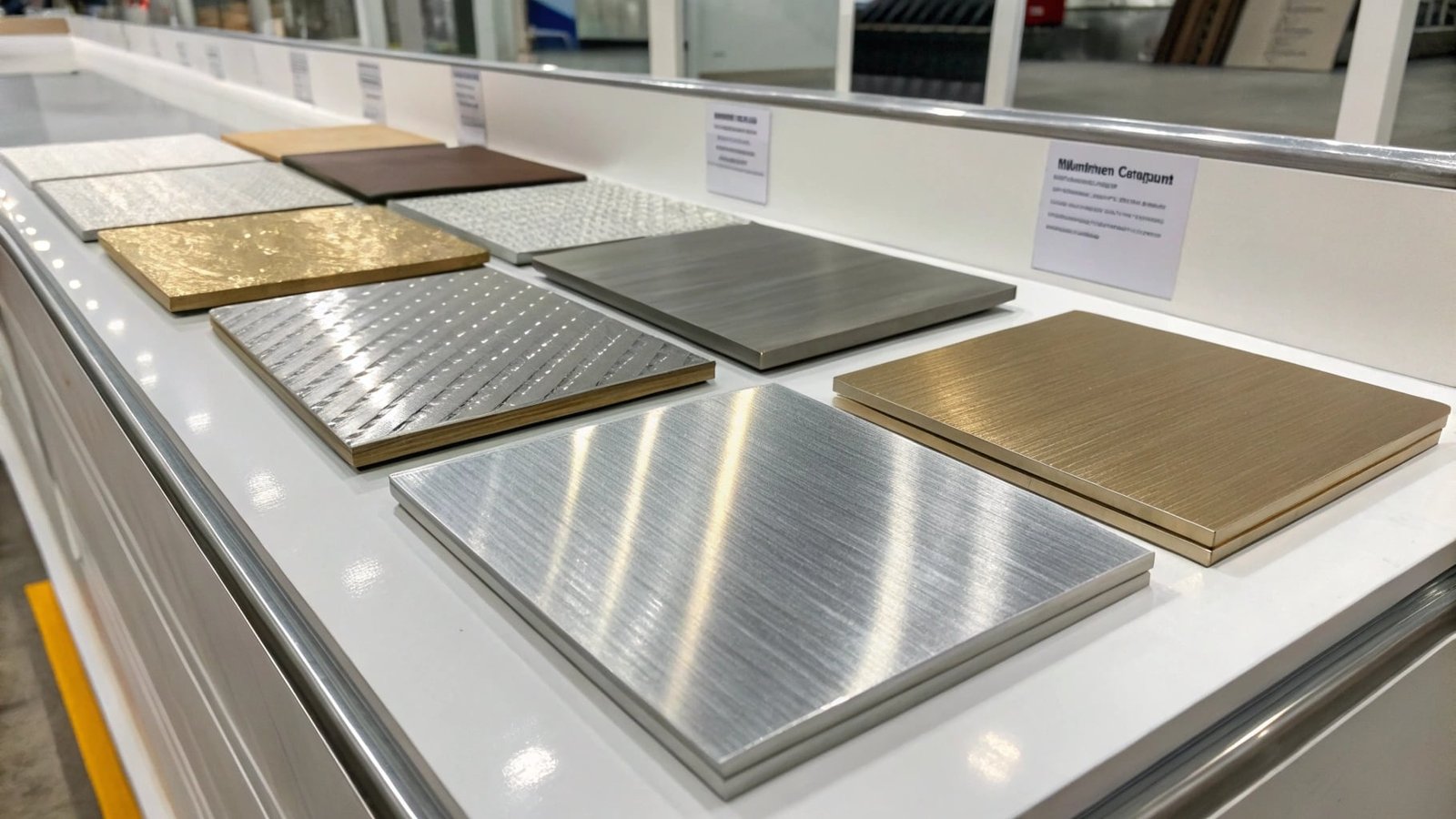Are you relying on standard 7075 aluminum plates but need more than just a flat sheet? Consider the advantages of precision-engineered components.
For applications demanding complex geometries, optimized strength, and superior performance beyond the limitations of flat plates, upgrading to SWA Forging’s precision-engineered 3D components offers a significant advantage.
Many of our clients at SWA Forging come to us when they find that standard 7075 aluminum plates, while strong, cannot meet the intricate shape requirements or the absolute peak performance needed for their critical applications. They might require specific curves, complex contours, or a component that integrates multiple functions, which simply cannot be achieved with a flat plate. Whether it’s for specialized aerospace structures, high-performance automotive parts, or demanding industrial machinery, the need for tailored, high-strength components is paramount. At SWA Forging, we transform 7075 aluminum alloy1 into precision-forged components engineered to excel in these scenarios, offering a superior solution to flat plates.
Is 6061 or 7075 aluminum better?
The question of whether 6061 or 7075 aluminum is "better" depends entirely on the specific application and its performance requirements.
7075 aluminum alloy is significantly stronger than 6061 aluminum, offering higher tensile and yield strength, making it ideal for high-stress applications. However, 6061 aluminum provides better corrosion resistance2, is easier to weld and form, and is generally more cost-effective. Therefore, 6061 is preferred for general-purpose applications, while 7075 is chosen when maximum strength is the primary concern.
When clients at SWA Forging are deciding between alloys, we help them understand these trade-offs. For applications where extreme strength is crucial, 7075 is often the preferred choice. Our forging process further enhances the inherent strength of 7075, allowing us to create complex components that push the boundaries of performance. For applications that prioritize weldability and corrosion resistance, 6061 might be more suitable, but for sheer toughness and load-bearing capability, 7075 forged components are often unmatched.
Key comparison points:
- Strength: 7075 is considerably stronger than 6061.
- Corrosion Resistance: 6061 generally has superior corrosion resistance.
- Weldability & Formability: 6061 is much easier to weld and form.
- Cost: 6061 is typically less expensive than 7075.
- Applications: 6061 for general structures, frames, automotive; 7075 for aerospace, high-stress components, sporting goods.
The "better" alloy is the one that best meets the unique demands of the project.
What is 7075 aluminum good for?
7075 aluminum alloy is highly regarded for its exceptional strength and is often used in applications where high performance and structural integrity are critical.
7075 aluminum is excellent for applications requiring high strength-to-weight ratios3, superior fatigue resistance, and good stiffness. It is widely used in the aerospace industry for aircraft structures, fuselages, and wings, as well as in high-performance sporting equipment, military hardware, and precision-machined parts where durability and minimal weight are essential.
At SWA Forging, we frequently utilize 7075 aluminum for projects where its outstanding properties are a key requirement. For instance, our clients in the aerospace sector rely on us to forge 7075 into components that must withstand extreme loads and stresses. The ability of forging to create complex shapes from this high-strength alloy, while optimizing the grain structure, means we can deliver parts that offer both structural integrity and performance far beyond what a simple flat plate can provide.
Common applications for 7075 aluminum include:
- Aerospace: Airframe structures, wings, fuselage components, bulkheads.
- Automotive: High-performance wheels, structural components in racing vehicles.
- Sporting Goods: Bicycle frames and components, ski poles, climbing equipment.
- Military: Weapons components, equipment frames.
- Industrial: High-stress machine parts, tooling, jigs and fixtures.
Its combination of strength, lightness, and toughness makes it a premium choice for demanding environments.
Is 7075 aluminum stronger than carbon fiber?
While 7075 aluminum is incredibly strong, carbon fiber generally offers a superior strength-to-weight ratio, meaning it can be stronger than 7075 aluminum for the same weight.
Carbon fiber composites are typically lighter than 7075 aluminum and can be engineered to possess higher tensile strength and stiffness per unit of weight. However, 7075 aluminum, especially when forged, offers excellent impact resistance and toughness, and it is often more cost-effective and easier to manufacture into complex shapes than custom carbon fiber parts.
When clients at SWA Forging consider material options, comparing 7075 aluminum to carbon fiber is a common discussion. While carbon fiber often wins on pure strength-to-weight metrics, the practicalities of manufacturing and application performance are key. Our precision-forged 7075 components offer exceptional toughness and impact resistance, which can be critical in certain applications where carbon fiber might be brittle. Furthermore, the ability to forge 7075 into complex 3D shapes economically makes it a compelling alternative when absolute minimum weight is not the sole driver.
Here’s a comparative overview:
- Strength-to-Weight Ratio: Carbon fiber typically leads.
- Absolute Strength: High-strength aluminum alloys like 7075 are very strong but generally lower than advanced carbon fiber composites.
- Toughness & Impact Resistance: 7075 aluminum often outperforms carbon fiber in this area.
- Manufacturing Complexity: Forging aluminum can be more straightforward and cost-effective for certain complex shapes compared to advanced composite manufacturing.
- Cost: 7075 aluminum is generally less expensive than high-performance carbon fiber.
The best material depends on balancing strength, weight, impact resistance, manufacturing feasibility, and cost.
What is the specification of 7075 aluminum?
The specifications for 7075 aluminum are defined by standards that outline its chemical composition, mechanical properties, and various temper designations.
7075 aluminum is primarily an aluminum-zinc alloy with small amounts of magnesium and copper. Key mechanical properties include high tensile strength, yield strength, and fatigue strength. It is commonly available in T6 temper (solution heat-treated and artificially aged), which provides its maximum strength, with specifications typically governed by standards like AMS (Aerospace Material Specifications) and ASTM (American Society for Testing and Materials).
At SWA Forging, we adhere strictly to the specifications of 7075 aluminum to ensure our forged components meet all required standards. Whether our clients are working to AMS, ASTM, or other specific industry requirements, our quality control processes guarantee that the material composition and mechanical properties, especially in our T6 temper forged products, are precise. This adherence to specification is vital for critical applications, ensuring the reliability and performance our clients expect from our engineered components.
Typical specifications include:
- Chemical Composition (Nominal):
- Aluminum (Al): Balance
- Zinc (Zn): 5.1-6.1%
- Magnesium (Mg): 2.1-2.9%
- Copper (Cu): 1.2-2.0%
- Chromium (Cr): 0.18-0.40%
- Iron (Fe) + Silicon (Si): Max 0.50%
- Mechanical Properties (for 7075-T6, typical):
- Tensile Strength: ~530 MPa (77,000 psi)
- Yield Strength: ~480 MPa (69,000 psi)
- Shear Strength: ~330 MPa (48,000 psi)
- Elongation (in 2 inches or 50mm): ~11%
- Tempers: The most common is T6, but others like T73, T7351, T351, O are also available, each offering different property balances.
These specifications ensure that 7075 aluminum meets the rigorous demands of industries like aerospace and high-performance manufacturing.
Conclusion
For applications that require more than standard 7075 aluminum plates can offer, SWA Forging’s precision-engineered 3D components provide superior strength, complex shaping, and enhanced performance. Upgrade to a solution engineered for excellence.






